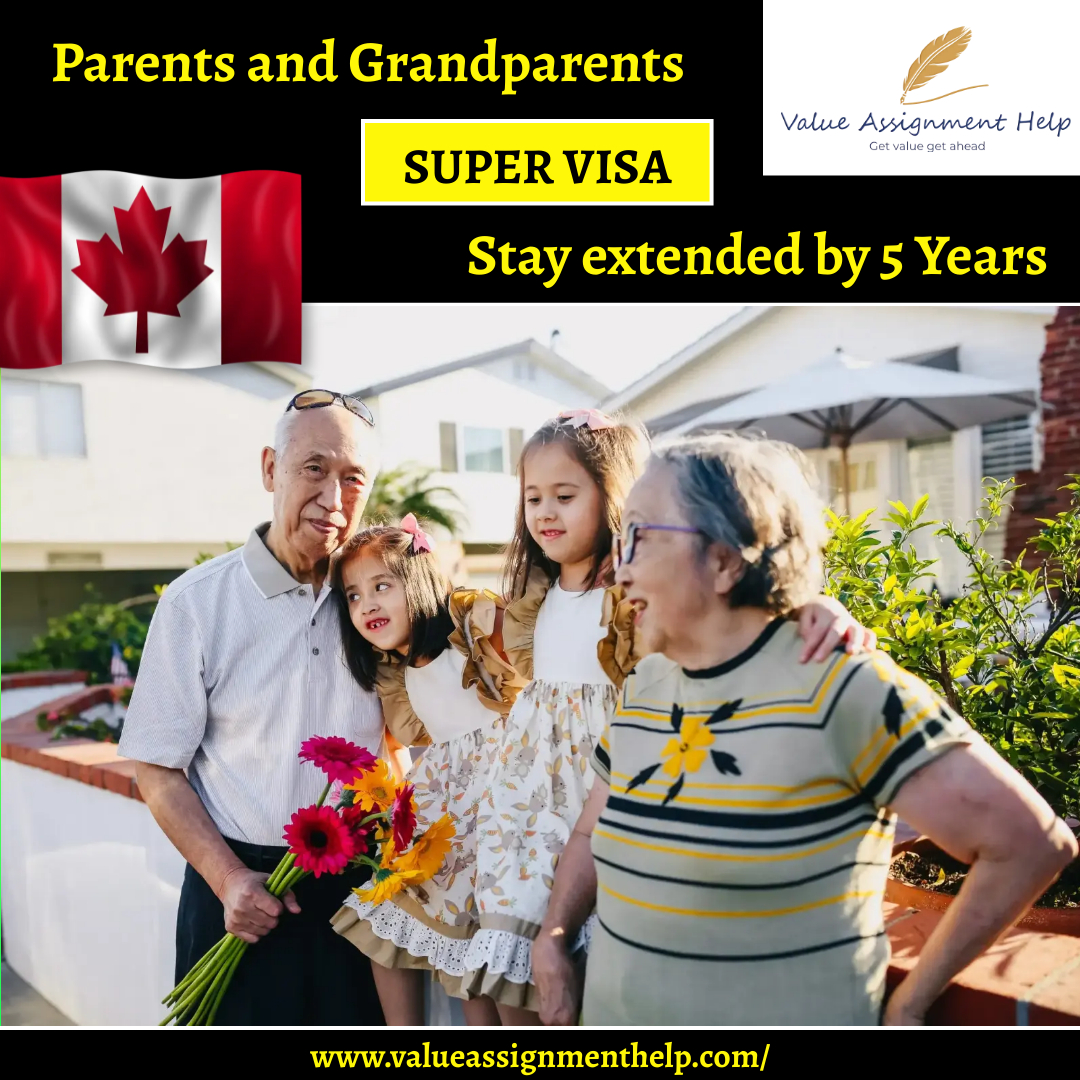Assignment
Achievement
Hire Experts
Reviews
Free Services
Grades
Offers
Order Now
50,000+
Orders Delivered
4.9/5.0
Star Rating
100%
on-time delivery
24 x 7
Query Resolution
100 +
Subjects Catered
Our Experts
Reviews
Free Assignment Services
☞Title Pages - 100 Words
$05.00 free
☞Downloading Free Guide
$20.00 free
☞Upload Completed Tasks
$20.00 free
☞Genuine Content Report
$20.00 free
☞Consultation By Experts
$06.00 free
☞Unrestricted Revisions
$10.00 free
☞Grammar Check for Task
$25.00 free
☞Plagiarism Inspections
$25.00 free
Book Now and get Free Services Upto $0.00
Grades
Offers

1. PLACE YOUR ORDER
Whenever you fill out their order form, please read it carefully and then fill it out.

2. MAKE PAYMENT
Choose our secure payment method to pay for your order and collect your order from us with security.

3. GET YOUR DOCUMENT
Our writers write you plagiarism-free assignments and provide them to you before the deadline.
Our Experts

Search Assignments

Customers Reviews
As we work to recover from the pandemic, the Government of Canada continues to prioritise family reunification so that we can attract, retain and integrate the immigrants who contribute to our country's success.
The Honorable Sean Fraser, Minister of Immigration, Refugees and Citizenship, announced an increase in Canada's Super Visa program. These enhancements will make it easier for Canadians to reunite with their parents and grandparents in Canada and allow super visa holders to stay longer. These changes will be applicable from July 4 2022.

A super visa is a Canadian visitor visa available only to parents and grandparents of Canadian citizens or permanent residents. The most significant difference between a super visa and a visitor visa is that you are allowed to stay in Canada. Generally, a visitor visa can be valid for a stay of up to 6 months. To prolong your stay in Canada, you will need to apply for an extension of your visa. With a super visa, you may be able to stay in Canada for two years at a time without needing to apply for an extension.
Application for the visa is accepted outside Canada at the Visa Office. However, parent and grandparent super visa applicants must fulfil the conditions set aside to meet the desired requirements.
All eligible standard visiting visa holders can apply for the super visa. In addition to having good health and valid travel documents, the applicant must satisfy the terms of the Canadian Immigration that they will leave the country voluntarily at the end of their authorised stay. It further commits that they have a stable dependency on their home country, holding a decent job, family income or property and adequate funds available to sustain themselves for their stay.
You can apply for Super Visa online or by submitting a physical application. In either case, you must prove that you are a parent or grandparent of a Canadian citizen or permanent resident. Your application should include an invitation letter from your child or grandchild with information about your care plan and the number of people living in their homes in Canada. You must also show that you have private health insurance from a Canadian insurance company that is valid for at least one year. Your child or grandchildren must also demonstrate that they have sufficient funds to support you throughout your journey by meeting the minimum low-income cut-off (LICO) for the size of your family unit.
Some foreign nationals do not require a visiting visa to visit Canada, depending on their country of citizenship. These are known as Visa-Exempt Visitors. Visa-Exempt Visitors can only stay in Canada for up to six months without renewing their status. Therefore, parents and grandparents of Canadian citizens and permanent residents who are visa-exempt may still wish to apply for a super visa. This would allow them to live in Canada for two years at a time, allowing them to spend time with their loved ones in Canada.
Visa-exempt parents and grandparents who apply for a Super Visa must follow the same process described above. However, successful applicants will be issued a letter to present to a border service officer upon entry into Canada, authorising their stay instead of a visa. In addition, visa-exempt visitors who travel to Canada by air must apply for an electronic travel authorisation (ETA), even if they have successfully applied for a super visa.
Allows super visa holders to stay in Canada for up to two years. If you want to stay in Canada for more than two years, you will need to apply for an extension of your stay. You must submit your extension application no later than 30 days before your current position expires. If your current visa expires while your extension application is still being processed, you can remain in Canada while waiting for a decision. This is called an implicit condition.
Disclaimer: all content and intellectual property remain the exclusive property of value Assignment Help




No Comments